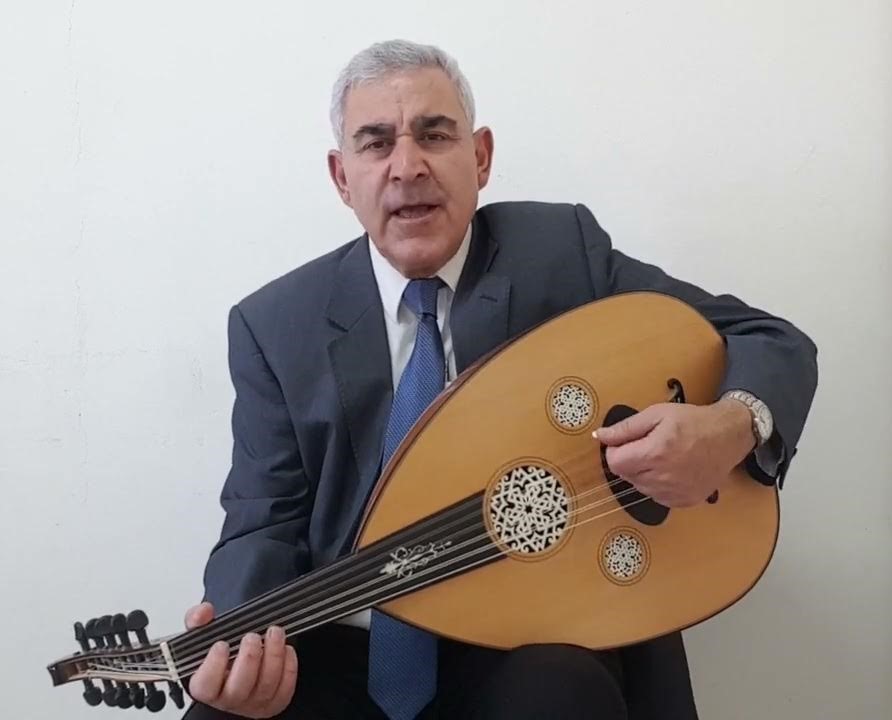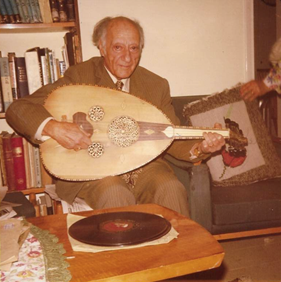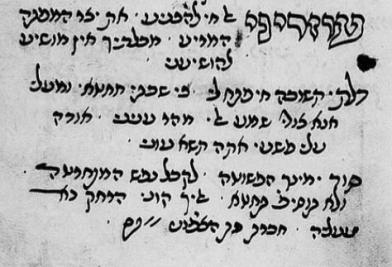Moshe Havusha was born in 1961 into a family of Iraqi immigrants in Jerusalem’s Beit Israel neighborhood. He absorbed the ancient Iraqi traditions of prayer and piyyutim from his grandfather, Hakham Gurji Yair, who was a prominent hazzan in Baghdad and then in Jerusalem. As a young boy, Havusha became attracted to the surrounding Sephardic-Yerushalmi synagogues, whose liturgical traditions are based on both Syrian (“Halabi”) and Egyptian musical styles.
Today, Havusha, who still lives in the Beit Israel neighborhood, is a popular hazzan, payytan, musician, and singer, with a large following across different Sephardic communities. He sees himself as one of those who are preserving the ancient art of traditional payytanut and passing on the skills and knowledge to a new generation. For years Moshe taught this subject to many students, among them Evyatar Banai, Eti Ankri, and Beri Saharof. Moshe’s music was beloved by Rav Ovadiah Yosef, and he was proud to have performed before him.
Moshe is a violinist, but he’s typically associated with his other instrument, the oud. He was the winner, and is now a judge, of the International Oud competition held in Haifa, where he competed against both Jewish and Muslim musicians.
Source: Goldstein, Riki. “A Modern Voice for Ancient Traditions.” Mishpacha, May 23, 2018. https://mishpacha.com/a-modern-voice-for-ancient-traditions/.
See also a documentary film about the life of Moshe Havusha (in Hebrew).






